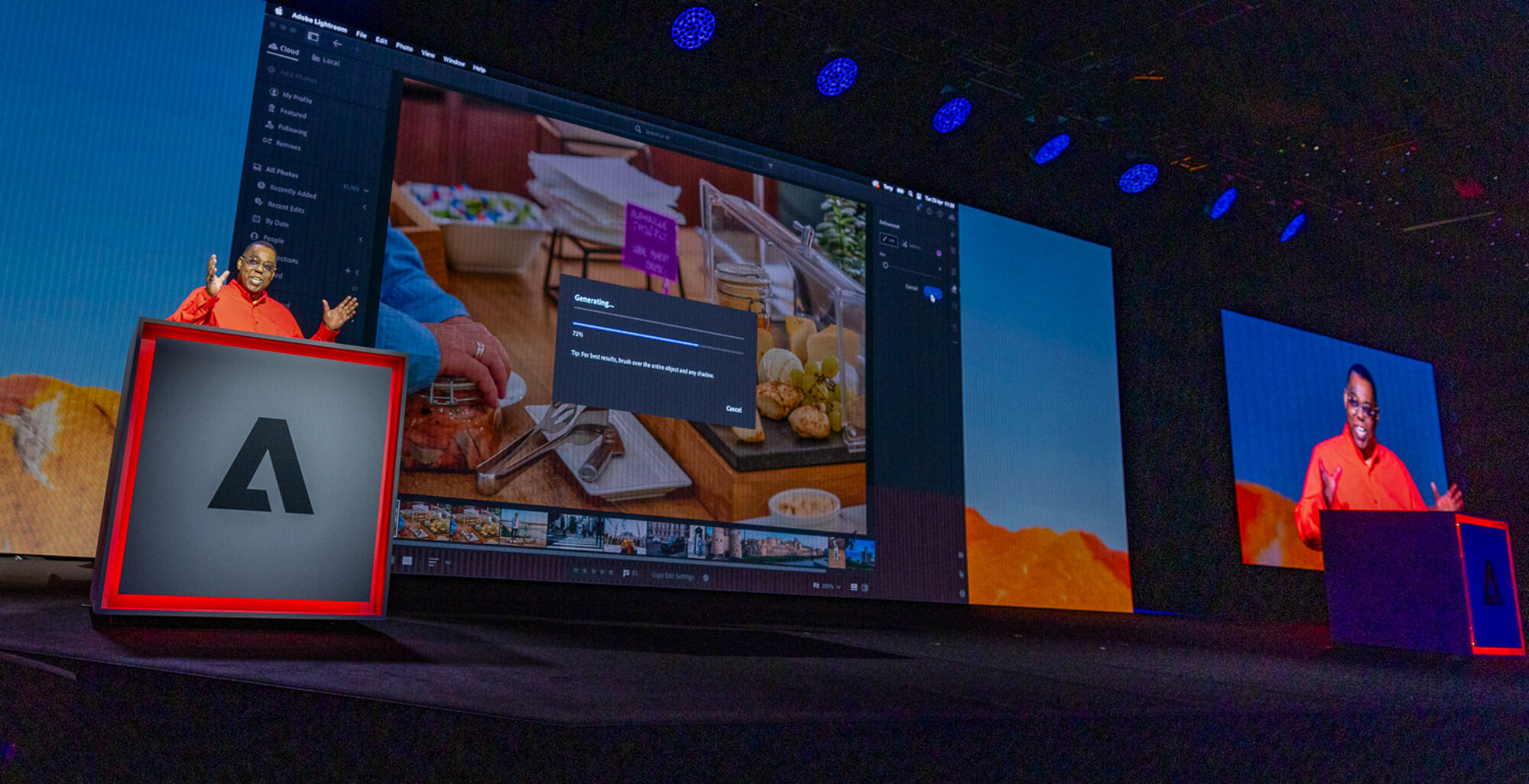Why the Best tech blog is Your Best Source for Professional Reviews and Insights
Why the Best tech blog is Your Best Source for Professional Reviews and Insights
Blog Article
Exactly How Blockchain Technology Is Revolutionizing Information Safety
Blockchain modern technology is basically altering the landscape of information security by presenting a decentralized structure that guarantees improved transparency and resilience. Unlike typical systems, which depend on central data databases, blockchain distributes data across a network, reducing vulnerabilities and solitary points of failure. The use of innovative cryptographic methods ensures that data continues to be tamper-proof, cultivating count on among stakeholders and users. As industries rapidly adjust to this technology, inquiries develop about its more comprehensive effect and potential obstacles. What ramifications does this shift hold for future information security approaches and regulative frameworks? The solutions may stun you (Best tech blog).
The Basics of Blockchain
Blockchain modern technology, an advanced idea in digital data monitoring, fundamentally transforms exactly how details is stored and protected. At its core, a blockchain is a dispersed journal that records deals throughout a network of computer systems, ensuring transparency and immutability. The innovation runs on a chain of blocks, each containing a list of deals. When a block is loaded, it is time-stamped and connected to the previous block, creating a chronological chain.
Trick to understanding blockchain is the hashing process, which encrypts transaction data into an unique alphanumeric code. This cryptographic feature makes sure that any modification in the transaction information causes a completely various hash, consequently securing against tampering. The agreement device, one more vital part, validates and confirms new deals via a network of nodes, thereby getting rid of the demand for a central authority.
Moreover, blockchain's append-only framework makes sure that information, when added, can not be removed or modified. This particular assurances a permanent and verifiable record of purchases, promoting count on among individuals. Therefore, blockchain provides a durable framework for data honesty, providing industries a dependable method for monitoring and managing electronic information in a secure, clear manner.
Decentralization and Protection
Decentralization, a core concept of blockchain technology, substantially boosts data safety by dispersing control across a network instead than counting on a singular, central entity. By spreading data across many nodes, blockchain ensures that even if one node is jeopardized, the whole network continues to be secure.

Additionally, decentralization empowers users with greater control over their information. Each individual in the network has access to the entire blockchain, permitting them to confirm and investigate transactions individually. This transparency fosters trust amongst individuals, as they do not have to depend on a central authority to ensure information stability. In general, decentralization contributes in enhancing data safety and security in blockchain networks.

Cryptographic Techniques
At the heart of blockchain modern technology, cryptographic methods play a critical function in guarding information, making certain both discretion and honesty. Cryptography in blockchain uses a mix of symmetric and crooked formulas to secure information, making it easily accessible just to licensed parties.
Hash functions are another crucial component, transforming input information right into a fixed-size string of characters, efficiently creating an unique electronic finger print for every block. This guarantees that any attempt to modify the information will result in an entirely various hash, therefore maintaining the immutability of the blockchain. Electronic signatures validate the authenticity and honesty of purchases, giving a layer of non-repudiation.
The decentralized nature of blockchain, incorporated with durable cryptographic techniques, eliminates the demand for middlemans, lowering prospective vulnerabilities. As blockchain technology evolves, innovations in cryptography such as zero-knowledge evidence and homomorphic file encryption remain to enhance safety steps, better fortifying information security in this cutting edge digital journal system.
Use Instances Across Industries

In the healthcare industry, blockchain ensures the protected storage space and sharing of individual documents, advertising interoperability while guarding delicate information from unapproved accessibility. This technology encourages patients with control over their case history and facilitates seamless control amongst doctor.
Supply chain management benefits dramatically from blockchain's unalterable ledger, which makes sure traceability and authenticity of products from beginning to customer. By improving transparency, blockchain helps minimize concerns such as counterfeiting and dishonest sourcing.
Furthermore, blockchain's decentralized nature is reshaping the power market by allowing peer-to-peer energy trading, where customers can deal excess renewable resource straight. This promotes a more sustainable and reliable energy ecosystem.
In the world of copyright, blockchain provides a tamper-proof system for developers to sign up and secure their works, making certain rightful attribution and fair payment. These diverse usage cases underscore blockchain's role as a pivotal pressure in redefining information safety throughout industries.
Future of Data Defense
As we look to the future of data defense, blockchain technology is poised to play a crucial role in securing electronic information. With its decentralized and unalterable features, blockchain offers a robust structure for safeguarding sensitive data versus unapproved accessibility and cyber risks. This innovation makes certain that as soon as information is tape-recorded, it is almost difficult to modify without discovery, thus offering a considerable benefit over typical data storage methods.
The combination of blockchain with other sophisticated modern technologies, such as expert system and the Internet of Things (IoT), is expected to enhance data protection techniques next page additionally. By leveraging wise agreements, companies can apply and automate protection methods, lowering human mistake and raising performance. In addition, blockchain's capacity to give deducible and transparent deals will bolster trust and accountability in information monitoring techniques.
As regulative landscapes progress, blockchain's compliance-friendly nature will become progressively relevant. It can help companies fulfill rigid data protection laws, such as the General Information Security Policy (GDPR) and the California Consumer Personal Privacy Act (CCPA), by providing verifiable documents of data handling activities. Eventually, blockchain's one-of-a-kind characteristics setting it as a transformative tool in the continuous mission to secure the electronic world versus ever-evolving cyber risks.
Final Thought
Blockchain modern technology stands for a standard shift in information protection by leveraging decentralization and cryptographic strategies to enhance openness, depend on, and data integrity. Its ability to remove single points of failure and utilize consensus systems significantly decreases the danger of fraudulence and cyberattacks. This ingenious structure not only empowers customers with higher control over their information however additionally straightens with governing compliance. As cyber threats develop, blockchain becomes a vital tool for robust information protection throughout different sectors.
Blockchain innovation is essentially altering the landscape of data safety by presenting a decentralized structure that click for info promises boosted openness and durability. Unlike typical systems, which rely on centralized data repositories, blockchain disperses information throughout a network, minimizing vulnerabilities and single factors of failing.Decentralization, a core concept of blockchain modern technology, considerably improves information protection by dispersing control throughout a network instead than relying on check that a singular, centralized entity.At the heart of blockchain technology, cryptographic methods play an essential function in protecting information, making certain both discretion and integrity.Blockchain technology represents a standard change in information protection by leveraging decentralization and cryptographic strategies to boost openness, trust fund, and information stability.
Report this page